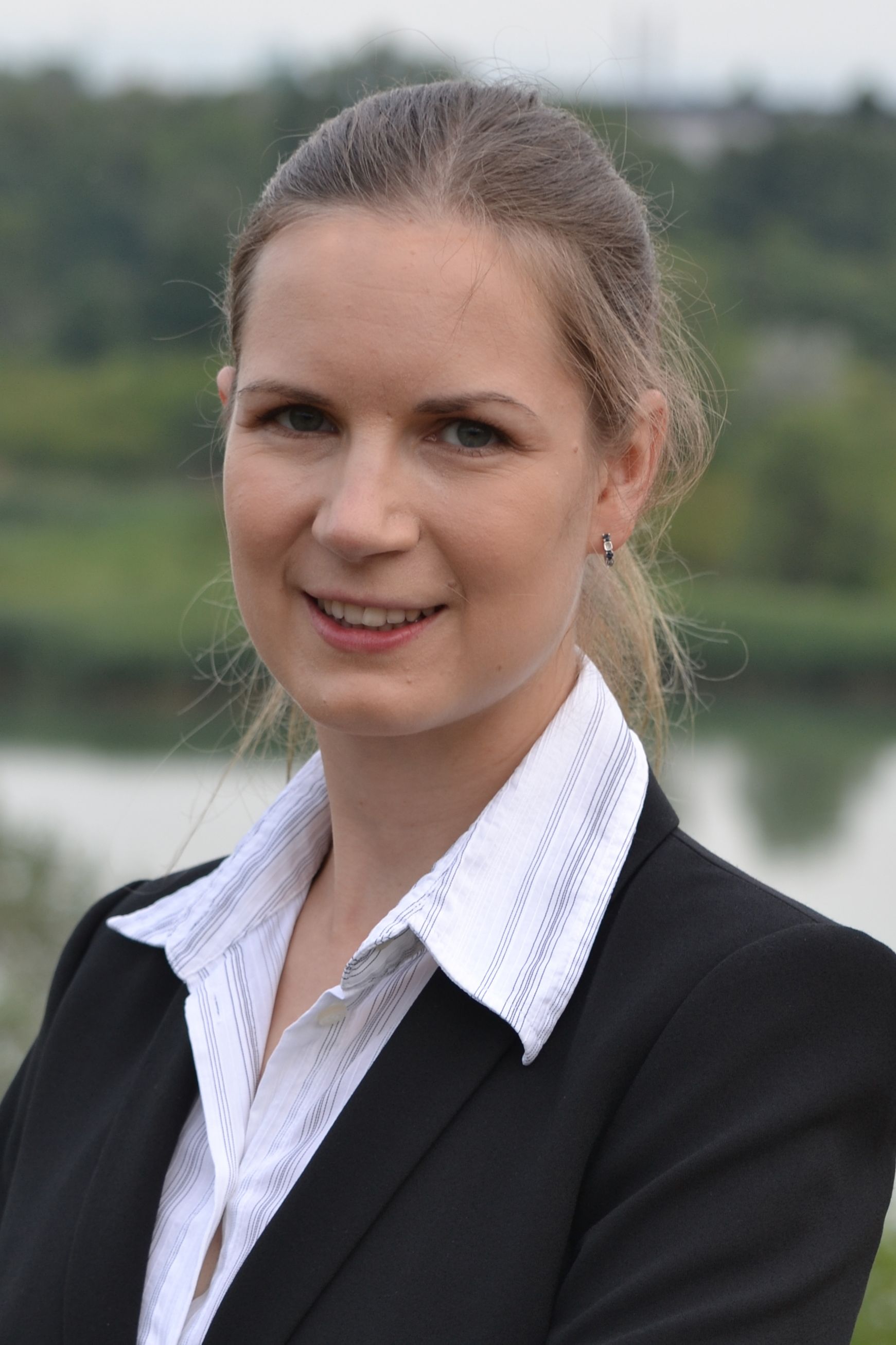
(Vienna, 09 December 2020) Julia Pointner, postdoc at MedUni Vienna, has been awarded the Hertha Firnberg scholarship by the Austrian Science Fund (FWF). The funding is for her project entitled "The effect of plasminogen binding on innate immune cell function in atherosclerosis".
Monocytes and macrophages are important blood cells involved in immune responses however, they are also crucially involved atherosclerotic lesion development of blood vessels. An important feature of these cells is to migrate towards an inflammatory site. This process and their activation can be influenced by the binding of plasminogen, which also supports its activation to plasmin. Only recently, a novel plasminogen receptor, Plg RKT was discovered, which essentially mediates leukocyte migration. However, the detailed consequences of Plg RKT-mediated leukocyte function during atherosclerosis have not been addressed yet. Hence, Pointner and colleagues want to investigate the effects of this plasminogen receptor in atherosclerosis.
The researchers aim to elucidate the role of Plg RKT in different stages of atherosclerotic disease. Based on theri previous data, they hypothesize, that Plg RKT deficiency will decrease macrophage and foam cell accumulation in developing plaques, accompanied by elevated collagen deposition supporting plaque stability. Thus, they assume that lack of Plg RKT will reduce plaque development and progression, however in contrast can ameliorate plaque regression. Due to atherosclerotic vessel occlusion collateral vessels can be formed, which is enhanced by immune cell accumulation. Hence, the researchers expect that this process is positive influenced by the presence of Plg RKT. To better understand the underlying mechanisms behind the function of Plg RKT, they plan to characterize Plg RKT-deficient and wild-type macrophages in cell culture. As their preliminary data demonstrate that monocytes of female individuals express higher levels of Plg RKT, they aim to elucidate gender-related differences due to Plg RKT in atherosclerosis.
About the Hertha Firnberg Scholarship
The FWF (Austrian Science Fund) offers three programmes (Hertha Firnberg, Elise Richter and Elise Richter PEEK) to give highly qualified female graduates from all disciplines the opportunity of receiving 72 months of funding. The aim is to improve career opportunities for women in Austrian research establishments. The Hertha Firnberg postdoctoral programme is designed to fund women starting out on their scientific careers. Grants are awarded by the FWF Board of Trustees on the basis of an international assessment.
About Julia Pointner
Julia Pointner studied molecular biotechnology (BA) at Vienna University of Applied Sciences and genetics and molecular pathology (MA) at the University of Vienna, going on to complete her PhD in vascular biology at MedUni Vienna. She works as a postdoc with Johann Wojta at the Ludwig Boltzmann Institute for Cardiovascular Research at MedUni Vienna's Division of Cardiology (Department of Medicine II). The focus of Pointner's research is the interaction between the immune system and the haemostatic system, with particular emphasis on atherosclerosis, thrombosis and lung disease.